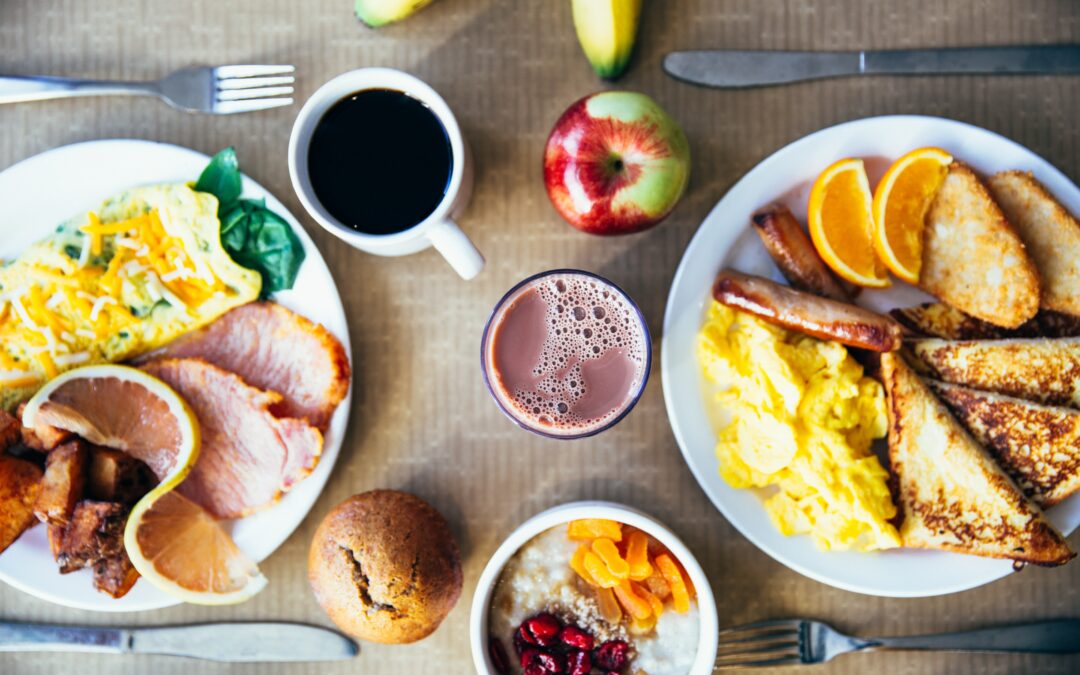UK citizens have risen to the challenge of lockdown by making the food they buy last longer and go further, according to the latest survey into food habits, behaviours and attitudes from WRAP.
With supermarkets operating strict social distancing rules, restaurants closed and many people at home all day, food shopping habits have shifted significantly; we are shopping less frequently and buying more items. But, the survey reveals, householders have become more resourceful in managing their food, from using up their cupboard stocks, meal planning and list-making to freezing more and batch-cooking.
These ‘food smart’ behaviours should lead to less food ending up as waste. Of four of the key food items people waste most – potatoes, bread, milk and chicken, this latest survey shows that respondents are reporting a 34% drop in how much they throw away. This reported reduction is especially welcome since people are also buying more of these items than before. 24% reported that they have bought more milk in lockdown; 23% said the same for bread.
An opportunity for progress
With the pandemic crisis having a profound impact on citizens’ daily lives, WRAP used its bi-annual citizen survey to learn more about how lockdown was affecting behaviours. The survey, ‘Citizen responses to the Covid-19 lockdown – food purchasing, management and waste’, compares current citizen behaviour with that reported in previous surveys, and whether this presents an opportunity for the future.
The encouraging results confirmed that this ‘new normal’ in the way we manage our food presents an opportunity for the nation to cement these behaviours in the future and re-evaluate our relationship with food. With wasted food costing us billions every year and associated with millions of tonnes of GHG emissions, this is good news for our economies and the environment.
Marcus Gover, CEO of WRAP, said: “In this sustained period of uncertainty, UK citizens have shown how resilient they can be when it comes to managing their food. These actions should mean less food goes to waste, helping take the pressure off the supply chain and reducing the number of trips we need to make to the shops – or deliveries to our homes. Our goal is to help people use these approaches to set a blueprint for their future actions, but we need support from organisations across the sector. WRAP will continue to seek out opportunities to reach people at home, providing easy ways to maintain this progress, and work in partnership with businesses, local authorities, and government to make this approach to valuing food the new normal.”
Key behaviours that are keeping food out of the bin
The survey found that people have multiple approaches to managing their food. On average, individuals identified six new behaviours which contribute to this positive trend. For example, almost half of those surveyed are checking their cupboards and fridge more before they shop, and one in three are taking more time to check where food should be stored.
This attention to storage is reflected in the huge rise in visits to the Love Food Hate Waste Food Storage A–Z (WRAP’s citizen food waste campaign). Visits have increased by 158% since the lockdown began, with people actively seeking out information to help them manage their food better.
Moreover, all the actions people reported adopting were considered to be useful, with ‘freezing more food’ rated most useful of all by 97% of recipients. Saving leftovers, batch cooking and making a shopping list were also rated highly by more than 95% of recipients.
Whilst UK citizens have been willing to adopt many new behaviours, the survey identified several important knowledge gaps around how best to reduce the amount of food thrown away. Almost half (49%) believe that apples last for longest if they are stored at room temperature out of the original packaging, but in fact they can last much longer in the fridge in the original packaging. Furthermore, almost 40% of people believe food such as chicken breasts must be frozen on the day of purchase, when in fact these can be frozen up to the ‘use by’ date, giving people more flexibility around when to freeze such foods.
Helen White, Special Advisor for Household Food Waste at Love Food Hate Waste, said: “It’s so encouraging to see this uptake in good food behaviours, especially during challenging times. Taking on new behaviours is a big change for people, so we want to provide the answers to people’s questions and fill in these knowledge gaps where we can. We’ve got really helpful resources on the Love Food Hate Waste website, from recipe suggestions to our storage guide and fridge thermometer checker! Wasted food costs families an average of £700 each year, so establishing these good habits is a great way to save money and look after the planet.”
Source: Press release WRAP

